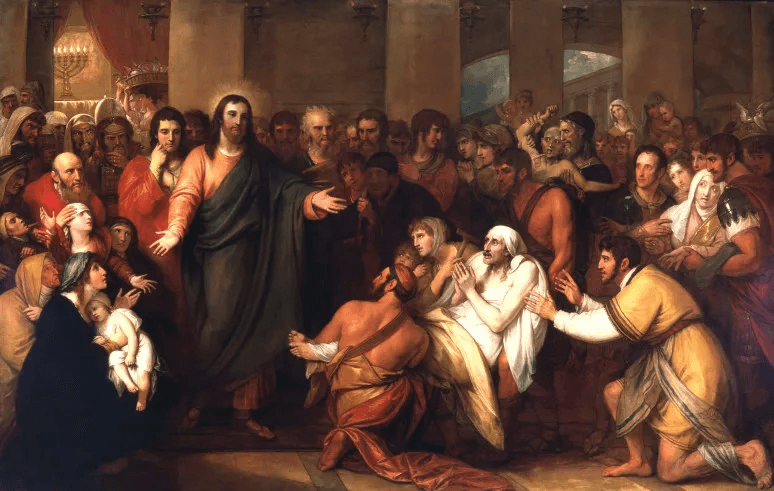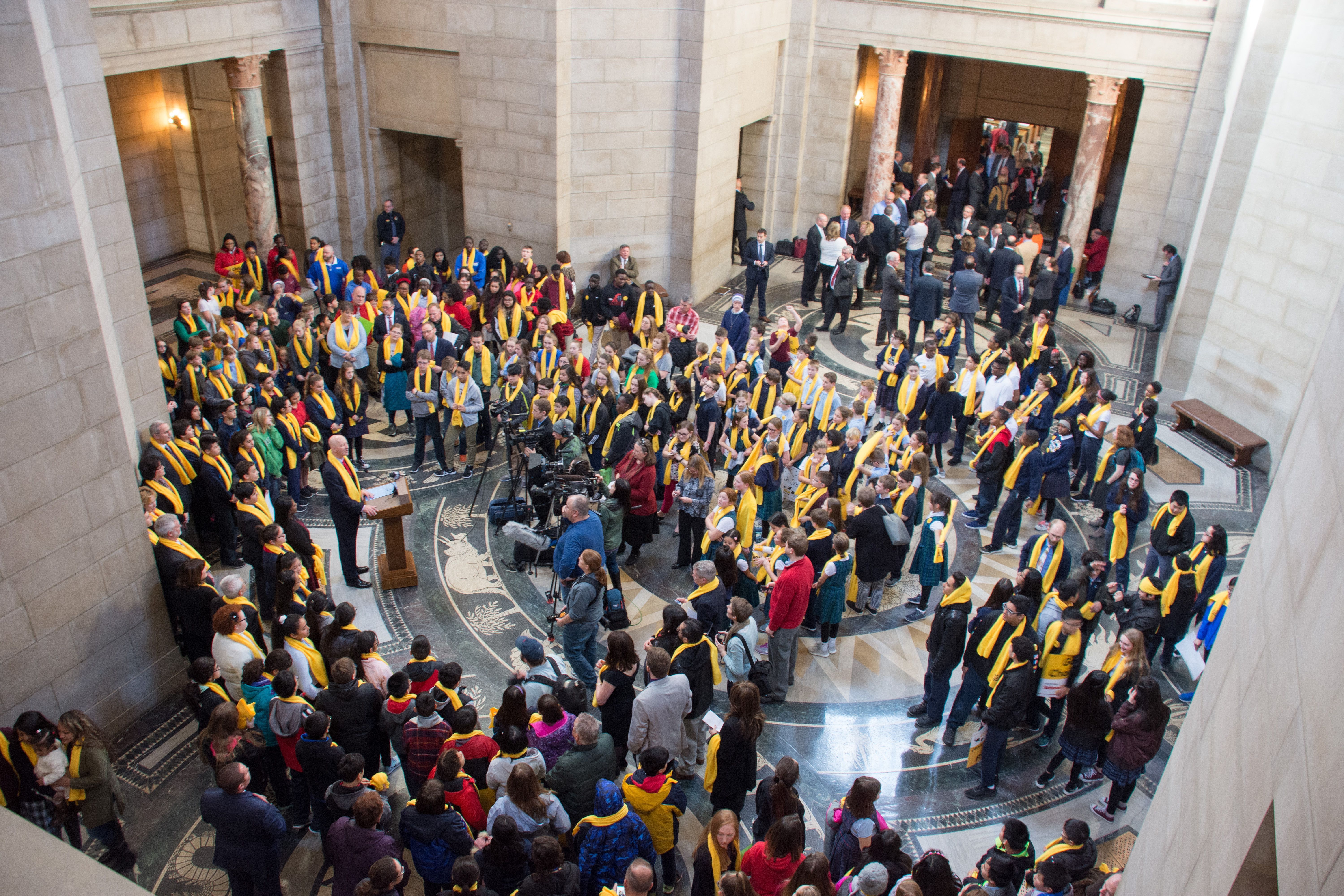
There is a growing—and negative—trend to view health care professionals as nothing more than vending machines.
You walk up to them, swipe your insurance card, punch a few buttons, with the expectation they’ll dispense the service you demand of them. And when they won’t dispense what you like, you shake the machine, hoping to manipulate the service out of the coils and into the drop box.
Why do I say this?
Our culture finds itself at a crossroads regarding the dignity of the human person and the priority of conscience.
In our post-Christian, secularized culture, critical and foundational realities, such as the proper formation and exercise of conscience, are being eroded.
Rather than viewing the human person as someone who has a fundamental responsibility to form their conscience according to the truth, to do good and avoid evil, the human person is reduced to something to be used for another’s desires or gain.
In the context of health care, doctors, nurses, psychologists, and others are not valued in the moral, ethical, and religious convictions they bring to the practice of medicine. Instead, they are viewed as a utility to be bought, purchased, and used according to the needs of the consumer. They are a vending machine that should spit out the goods I want, once I pay the listed price. And, if a health care professional refuses to play the part of a vending machine, they should be put out of service.
This might sound hyperbolic and a bit of a caricature, but it’s not.
In 2017, Ezekiel Emanuel (a key architect and advisor of the Affordable Care Act [or Obamacare]) wrote in a prestigious medical journal, lambasting doctors who dared to exercise their conscience. With hostility toward those who would refuse to do abortions or provide artificial birth control, Emanuel stated: “Health care professionals who are unwilling to accept these limits [on their conscience rights] have two choices: select an area of medicine, such as radiology, that will not put them in situations that conflict with their personal morality or, if there is no such area, leave the profession.”
When I read this passage in 2018, I thought it was atrocious, but it also sounded funny. I immediately called a (faithful Catholic) radiologist friend and joked about Emanuel telling everybody to escape to radiology where ethical concerns are mythical creatures akin to a unicorn.
Fast forward to today, and we’ll see how poorly Emanuel’s statement has aged.
A quick search of the medical literature pertaining to radiology and the transgender issue reveals the growing demand that if a radiologist wants to be a “good” practitioner, they must affirm a person who wants to undergo so-called gender transition services. Failure to accommodate a patient’s wishes is nothing short of the unethical practice of medicine.
What was in 2017, according to Emanuel, a “safe space” for conscientious doctors to escape ethical issues is now just one more specialty that is going whole hog on transgender ideology.
It seems Emanuel was wrong (or maybe it's what he wanted all along!). There is nowhere in medicine to escape. The only alternative is violating your conscience by engaging in immoral medical practices, or leave medicine altogether.
This view espoused by Emanuel is the view of the doctor-as-vending-machine. If you want to practice medicine, set your moral qualms aside, and do whatever you are told to do by whoever it is charged with setting the standards (which may or may not change tomorrow).
LB655, introduced by Senator Dave Murman of Glenvil, would push back against this totalitarian and utilitarian view advanced by Emanuel. Sen. Murman’s bill would protect health care professionals in their exercise of conscience rights. LB655 would allow them to opt out of a health care service they find morally, ethically, or religiously objectionable, and prevents discrimination against health care professionals for exercising their conscience.
This legislation had a hearing last week in the Health and Human Services Committee of the Nebraska Legislature. The hearing was excellent, but there is work remaining to advance it from committee and, God willing, get through the legislative process.
Please pray for this important legislation—and please pray for all health care professionals who are committed to “doing no harm” to patients and upholding the value and sanctity of the human person.

